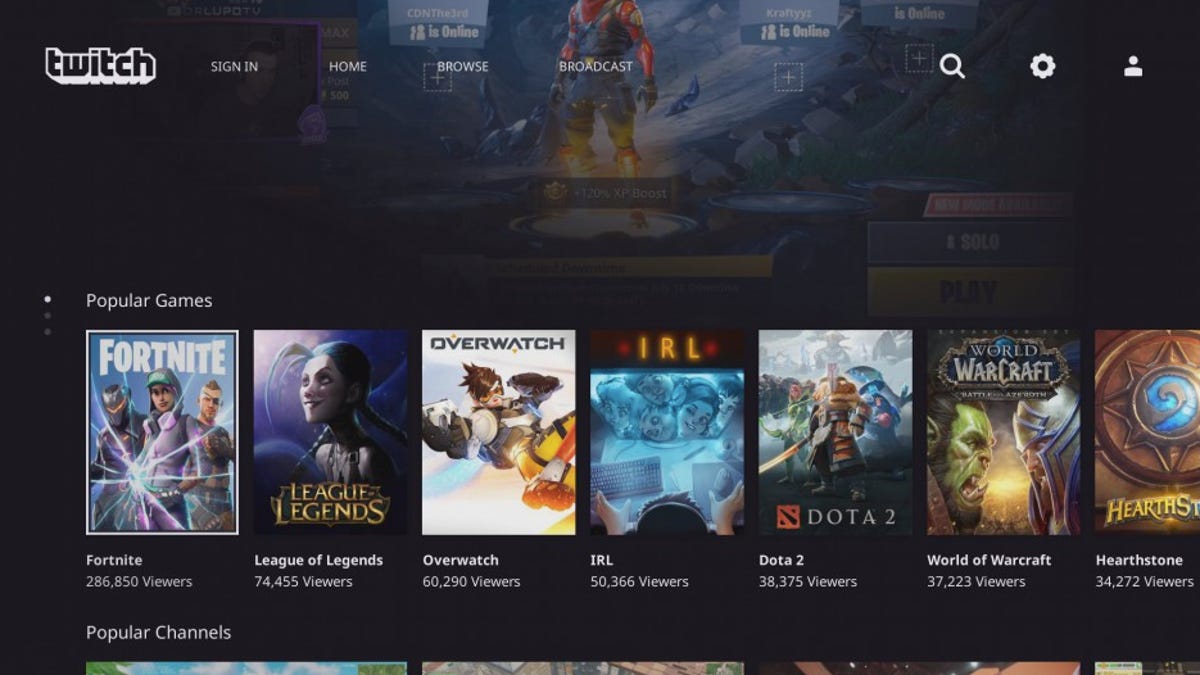Twitch to Ban Streamers Who Repeatedly Share 'Harmful Misinformation'
The game streaming service lists three criteria it uses when deciding whether to ban a streamer from the platform.

Spreading misinformation about election fraud or COVID-19 vaccines on Twitch could result in a ban from the platform.
Twitch said Thursday that streamers who frequently spread misinformation -- what it called "harmful misinformation actors" -- will be banned from the platform.
"We do not believe that individuals who use online services to spread false, harmful information, have a place in our community," the company said in a news release.
Twitch said it's identified three criteria for a streamer to be considered a harmful misinformation actor and to be banned from the platform:
-- The streamer must persistently share misinformation.
-- The misinformation must be widely disproven and broadly shared.
-- The misinformation must encompass harmful topics, which include bogus theories about COVID-19 vaccines and elections.
"We've selected these criteria because taken together, they create the highest risk of harm including inciting real world harm," Twitch said.
The platform said these new measures won't be enforced against streamers for one-off statements containing misinformation.
People can report harmful misinformation actors by emailing the account name and any supporting evidence to OSIT@twitch.tv.
This announcement comes as US Surgeon General Vivek Murthy asked big tech companies to hand over information about COVID-19 misinformation on their services, according to The New York Times. Companies have until May 2 to report sources of misinformation, the number of people exposed and their demographic information to check how groups were impacted.
For more on misinformation, read how the misinformation pandemic is out of control but there's a fix, how YouTube might stop misinformation before it spreads and how the discredited 'mass formation psychosis' theory spreads COVID misinformation.

